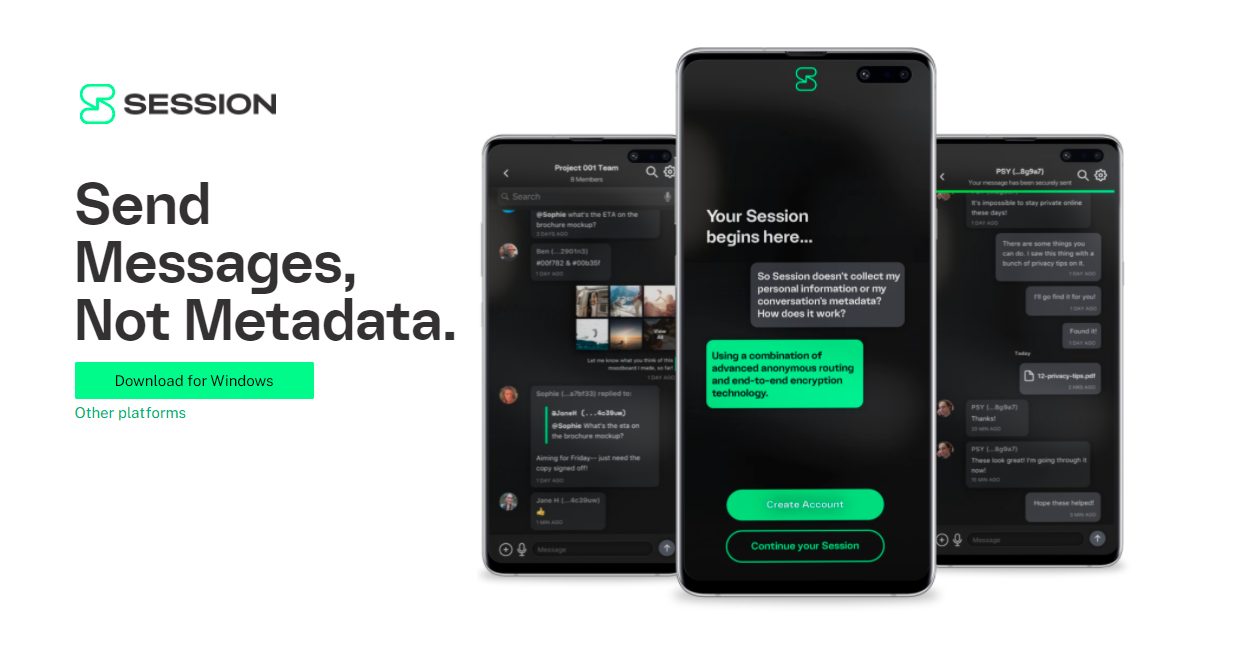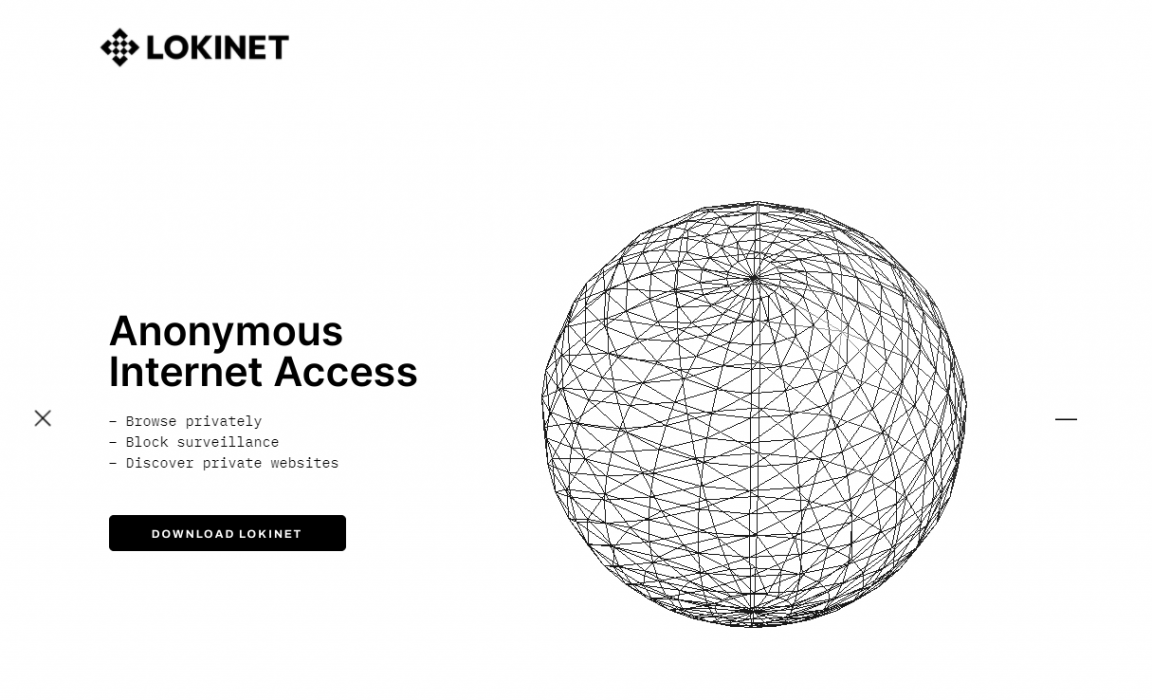This is an independent review of Oxen, a platform powered by privacy-focused cryptocurrency $OXEN and backed by Australian not-for-profit Oxen Privacy Tech Foundation.
Review Contents
About Oxen Platform
At a glance, Oxen is a technology stack – a comprehensive ecosystem of privacy-focused applications supported by the $OXEN cryptocurrency.

Our vision is to provide a range of tools and services powered by the $OXEN cryptocurrency, enabling users and developers all over the world to leverage the power of decentralised blockchain networks to achieve unparalleled privacy and security as they work, play, and live their day-to-day lives on the internet.
Oxen.io
Oxen’s mission is also reflected in its tech being open-source on GitHub, “so developers can use what we’ve built as the foundation of a new generation of privacy tools and services”, as stated on the Oxen Build web page. The project covers a range of common use cases with a strong focus on privacy, security and anonymity.
Oxen currently provides:
- $OXEN cryptocurrency
- Session private messaging system
- Lokinet anonymous internet access
Oxen Apps
The Oxen team has implemented a couple of applications to showcase the use of its technology stack: Session and Lokinet. Let’s have a closer look at both.
Session – Free Anonymous Secure Messenger App

Session is a messaging system born as a rebranded and more stand-alone version of Loki Messenger (as explained on Loki Network blog). It is currently used “by well over 150,000 people across more than 200 countries”, according to Oxen, and available for both mobile (Android, iOS) and desktop (Mac, Windows, Linux).
Session is best for:
- Sending messages anonymously and securely.
Session features include:
- Email and phone number are not required to create a Session ID.
- End-to-End encryption of conversations with passphrase recovery.
- Data stored by Session on the device can also be encrypted with a PIN.
- Onion-routing of messages to hide the IP of the user.
- It doesn’t collect metadata: your geolocation and device data are not collected.
- High transparency: 100% of the code is open-source and the platform has undergone a security audit with publicly available Oxen Session Audit results.
The core principle driving the development of the app is to provide an easy-to-use, secure and privacy-first experience to its users. To deliver on its promises, Session uses a system called onion requests to send messages. It is a decentralised onion routing network (similar to Tor) designed so that no single server ever knows a message’s origin and destination. In layman’s terms, “this makes sure your messaging activities leave no digital trail behind”.
Your data is temporarily stored on multiple service nodes which automatically delete the data once your device picks up the messages.
Noticeably, there is no backup feature currently available – although is reportedly planned as per Session’s FAQ page. Also coming in the future is a subscription service called Session Pro, bringing a set of monetised Session features leveraging $OXEN for the transactions.
Get involved with Session:
Lokinet – Free Anonymous Onion Router

Lokinet strives to provide secure, anonymous and censorship-resistant access to the internet. Technically, it is a decentralised onion router that employs Oxen service nodes as relays. This brings together the privacy benefits of onion routers like Tor on one hand with the robust and decentralised nature of blockchain on the other.
Lokinet is best for:
- Protecting your personal data while you surf the internet.
- Hosting a website (such as WordPress) or web application with a hidden address on a Lokinet service called “SNApps” to avoid censorship, and it can be set up in a 1 click install.
Lokinet features include:
- Hides your identity and IP address through the Lokinet onion router.
- Lokinet service nodes are incentivised by getting paid in $OXEN token to keep the infrastructure up and running securely.
In practical terms, it requires installing an app currently available only for Windows and Linux. Lokinet allows anyone to access the internet as they would do normally, using their browser of choice but in a more anonymous way. Unlike Tor, it supports more protocols, allowing not only the reading of websites but also media streaming and video conferencing. Be aware, however, that applications requiring WebRTC or BitTorrent protocols will not work within Lokinet, as explained on its FAQ page.
Much like using a VPN service, Internet Service Providers may be able to see the connection but cannot know which websites are being accessed through it. The VPN service, however, would know that, as well as having access to other personal information (such as IP addresses), thus requiring its users to trust it. Lokinet’s decentralised approach results in no node in its network having complete information about a given user, thus defending their privacy.
Under the hood, Lokinet uses the Oxen blockchain and more specifically requires service nodes candidates to stake an amount of $OXEN before being able to register as a service node on the network. Aside from rewarding whoever wants to contribute a node to the network, this also mitigates a cybersecurity risk (more specifically, Sybil attack resistance). Future developments include using $OXEN to allow buying specific Lokinet addresses (rather than long, complicated sequences of letters and numbers) and creating a marketplace for exit nodes.
How to try Lokinet:
- Download and install the router.
- Click the big red power button on the app and it should turn green.
- Visit http://probably.loki and if that works, then you’re running the router.
- To browse the clearnet anonymously, type in the Exit node input box “exit.loki” and then click the ‘Enable exit’ toggle (this should turn green).
- You can then search for “my IP” and see if it changes to a different location. Note: if it doesn’t work initially, just turn the router on and off again and click the ‘Enable exit’ mode.
Get involved with Lokinet:
$OXEN cryptocurrency

At the core of Oxen’s offering is its blockchain and cryptocurrency, $OXEN. A Proof-of-Stake crypto built on a consensus mechanism called Pulse, it was previously known as $LOKI before being rebranded to $OXEN – a name change that has been only “cosmetic”, according to the announcement.
Like the rest of the ecosystem, $OXEN unsurprisingly has a strong focus on privacy and is built on CryptoNote, like Monero. In the words of the Oxen team, total anonymity translates to fungibility, meaning “individual $OXEN coins can’t be traced, tracked or refused based on where they’ve been or what they’ve been used for”.
$OXEN tries to differentiate itself from Monero and other privacy cryptos by striving to provide performance in terms of transaction speed. Rather than having to wait almost 30 minutes for a transaction to be fully completed, $OXEN claims its payment system, called Blink, allows instant transactions by using groups of Oxen Service Nodes.
An Oxen Service Node can join the network when it has a total of 15,000 $OXEN (currently worth around $15k AUD) across no more than four contributors. This seems to be a choice made by design in order to strengthen the network and prevent certain kinds of attacks, which would be unlikely and economically counterproductive.
Get involved with $OXEN:
OXEN Background
Oxen was announced at the beginning of 2021 as a rebrand from Loki. The announcement is still available on Oxen blog.
Behind Oxen, there is an Australian not-for-profit organisation called Oxen Privacy Tech Foundation (OPTF website). The goal of the organisation is to support the development of free, open-source, secure and privacy-oriented technologies.
Privacy should have no strings attached – it should be provided by default, and it should be free.
Oxen Privacy Tech Foundation
Conclusion
In an age of data mining where users’ behaviours and information are seemingly spied upon by a wide range of entities, it can feel overwhelmingly complex to claim the right to privacy.
Oxen offers a range of tools and promises to deliver a blockchain-based, privacy-focused solution to a range of day-to-day use cases, from payments to messages and overall internet access. Only time will tell, but the increasing adoption of services such as Session looks like an encouraging signal, if not a testament to how much it is needed.
Disclaimer:
The content and views expressed in the articles are those of the original authors own and are not necessarily the views of Crypto News. We do actively check all our content for accuracy to help protect our readers. This article content and links to external third-parties is included for information and entertainment purposes. It is not financial advice. Please do your own research before participating.
Credit: Source link






















